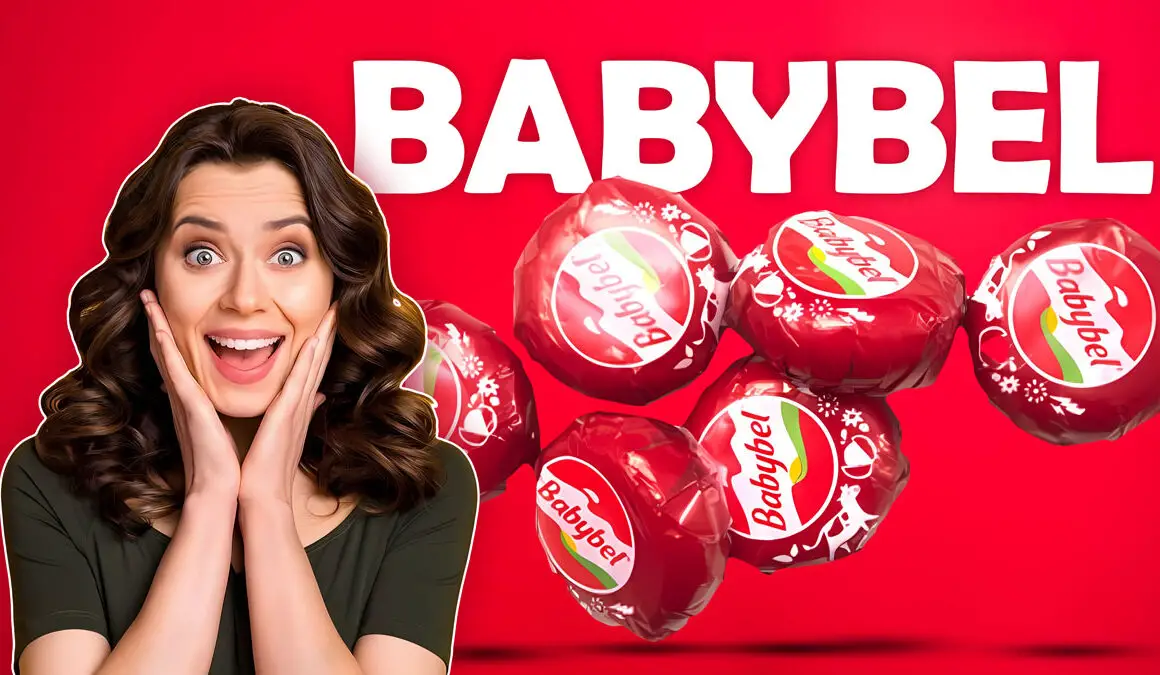Babybel cheese is made from pasteurized milk and contains a lot of calcium. One of the most popular Babybels is Babybel with yellow packaging, which contains Emmental style cheese. This means that the milk is heated up to 70° C and is safe from the presence of listeria and other microbes. Therefore, consumption of this cheese during pregnancy has been reported to be safe and can be a healthy snack during pregnancy.
Table of Contents
Babybel Cheese at a glance
- The best-selling cheese in the United States
- Semi-soft and ripe cow’s milk cheese
- Made by Le Group Bel
- No color, taste, or preservatives
- Contains calcium, protein, and vitamin B
is babybel cheese pasteurized ?
Yes, Babybel cheese is pasteurized. The milk used to make Babybel cheese is heated to a high temperature to kill harmful bacteria, which is the process of pasteurization. This helps to ensure the safety and quality of the cheese. Babybel cheese is a type of semi-hard cheese made from cow’s milk, and it is produced by the French company Bel Group.
can you eat babybel when pregnant?
Babybel is a brand of cheese that is generally safe to eat during pregnancy as long as it is made from pasteurized milk. It is important to note that some types of cheese can be made from unpasteurized milk, which may carry the risk of bacteria such as listeria. Listeria infection during pregnancy can cause serious health problems for both the mother and baby.
Therefore, it is important to check the label of the Babybel cheese you plan to eat and make sure that it is made from pasteurized milk. If you are unsure, you may want to consult with your healthcare provider for further guidance on safe food choices during pregnancy.
Babybel Cheese Benefits During Pregnancy
Calcium
Calcium is essential for baby bone and teeth growth during pregnancy, and pregnant women should have 500 mg of calcium per day.
Protein
Protein is essential for the child’s growth and development, and it is recommended that pregnant mothers should consume 75 to 100 grams of protein daily.
THE NUTRITIONAL VALUES OF BABYBEL Per 100 Grams
| Energy Value | 1360 kJ |
| Fat | 28 g |
| Carbohydrates | <0.1 g |
| Sugars | <0.1 g |
| Protein | 20 g |
| Salt | 1.8 g |
| Calcium | 690 mg |
The Difference Between Light and Regular Babybel
- Regular Babybel: 24% fat and 22% protein
- Light Babybel: 12% fat and 25% protein
Other ingredients of these two kinds of cheese are the same as
- milk
- salt
- lactic acid bacteria
- cheese
Babybel Shell
The coating is made of wax and makes the cheese fresh for longer. Although this wax is not toxic and dangerous, it is best to separate it from the cheese when eating.
What cheeses are allowed during pregnancy?
- Hard Cheese: Cheddar, Conte, Graviera
- Soft and Melted: Mozarella, cheese player
Pregnant mothers should be careful not to use cheeses made from pasteurized milk and not to use soft and semi-hard cheeses. The use of Raclette Cheese in pregnancy is not at risk, but you need to make sure that the pasteurized milk is made and the cooking steps are properly completed.
Conclusion
Babybel cheese is one of the popular cheeses that pregnant mothers can use as a snack because it is high in calcium and protein that can help the fetus grow well. So eating the mentioned cheeses, including Babybel cheese, is safe in pregnancy, but it must be ensured that its milk is pasteurized.








2 comments
can i eat babybel cheese when pregnant?
Yes, you can eat Babybel cheese when pregnant, as long as it has been properly stored and pasteurized. Babybel cheese is made from pasteurized milk, which means it has undergone a heating process that kills off harmful bacteria, such as Listeria, that can cause foodborne illness.
However, it is important to consume all types of cheese in moderation during pregnancy because they can be high in saturated fats and salt. It’s recommended to limit your intake of cheese to one or two servings (about 1 to 2 ounces) per day, and to opt for low-fat or reduced-fat varieties whenever possible.
Additionally, if you have any concerns about your diet during pregnancy, it’s always a good idea to consult with your healthcare provider for personalized advice.